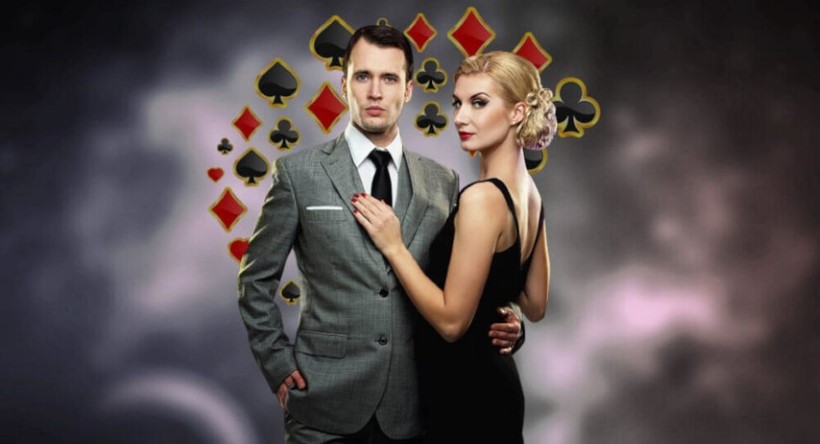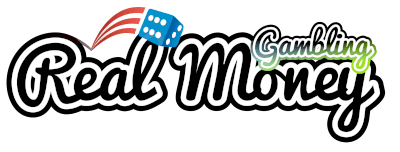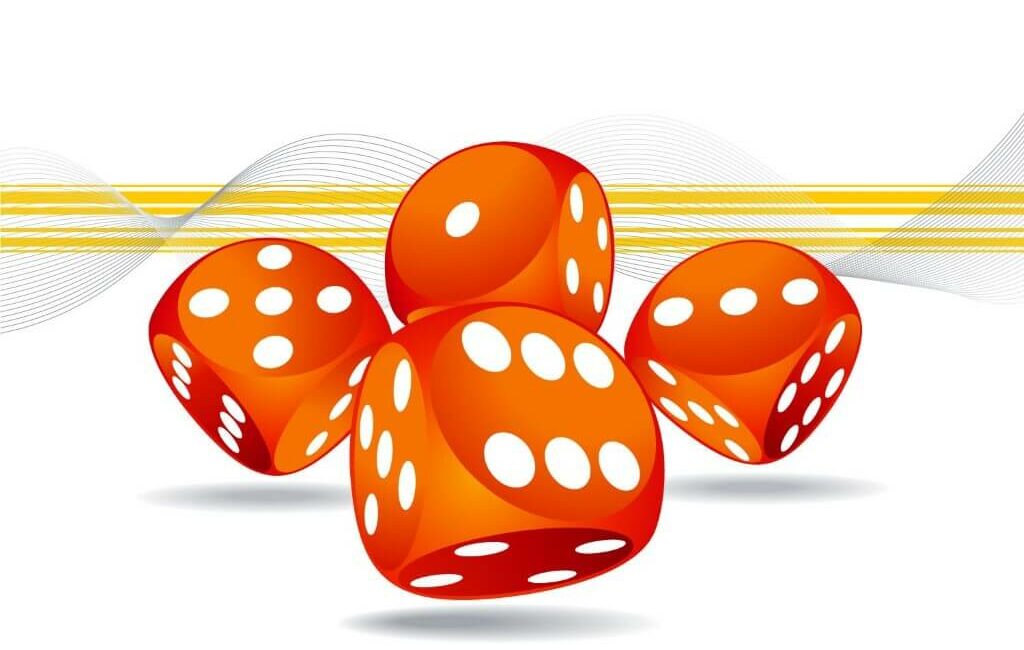The name of the previously known casino game, Beano, was changed to Bingo. Bingo has a long and interesting history, and thanks to online bingo sites like Wink Bingo, it has recently gained popularity with a whole new audience. The first recognisable iteration of the game played in the United States was known as Beano. But how did it evolve over time? How did you make the transition from Beano to Bingo? Let us investigate the world before Bingo Knights…
Business in the United States was booming in 1928, just one year before the Wall Street crash
The country’s meteoric rise to commercial superpower status brought many benefits, not the least of which was a thriving toy manufacturing sector. Edwin S. Lowe and two of his coworkers took advantage of the thriving economy at the time to start their own business. Lowe and his colleagues appeared to have a bright future because they each had a $1,000 capital investment and an entrepreneurial spirit.
A fortunate event that occurred while he was on a business trip in Jacksonville, Georgia, saved him from having his dreams destroyed by the economic collapse that occurred the following year, as it did for so many unlucky companies that were just getting started at the time. When Lowe discovered it, a country fair was only a few miles away from his destination. He drove his car to the carnival and walked around there because he had some time to kill before his appointment.
The Beano Card
With the exception of one, all of the stands were closed due to the nature of the times. Lowe, who was always looking for new ideas, was captivated by the attention that a single stall in the depressed South drew. The crowd had gathered around a horseshoe-shaped table that was covered in numbered cards and beans. After the caller removed wooden discs from an old cigar box and yelled it out, the assembled group was given a number. The players eagerly examined their cards to see if they had a matching number, and if so, they quickly placed a bean on top of the number.
This strange routine continued until someone filled a horizontal, diagonal, or vertical line of numbers, at which point they shouted “Beano!” – much to the dismay of the rest of the audience, who had been waiting for the winner to be announced. As a prize, the lucky winner received a plush Kewpie doll. Lowe was intrigued by the pitchman’s inability to get his customers to leave, and it wasn’t until three a.m. that he finally chased them away and shut down his booth for the evening.
Lowe returned to New York and went to the store, where he bought some dried beans, a numbered rubber stamp, and some cardboard. He demonstrated the game to a few of his close friends after putting himself in the shoes of the Georgia salesman.
In Jacksonville, the same thing happened: they were hooked almost immediately. When one of his friends was finally victorious, she jumped up and let out an ecstatic cry of joy. Except she spelled it incorrectly. She was trying to say “Beano,” but she ended up saying something completely different. Bingo. As a result, the name of the magazine changed from Beano to Bingo around this time.
Lowe was certain he had created a winning game and had even come up with a catchy name for it. He quickly created a market-ready version, which was an enormous success. Lowe’s Bingo was widely imitated despite the lack of a patent (he graciously declined to claim that he invented the game itself), and a phenomenon had been unleashed on the United States. This phenomenon would eventually lead us to online bingo games offered by companies such as Bingo Hall.
Tips on How to Make More Money Online Why Do Soundtracks Make for a More Engaging Gaming Experience? Spending Your Gap Year in the United States of America Thanks to The Mobile Internet, You Can Now Bring the Casino With You Wherever You Go Real Money Gambling Sites } 
Customers played approximately 10,000 games of Lowe’s Bingo per week by the mid-1930s
Lowe used 1,000 people and 64 presses spread across nine floors of a building in New York City to keep up with demand for their products. It was only the start of an industry that has since grown to be worth a billion dollars and is now primarily conducted online at sites like Bucky Bingo.
Posh Bingo and other sites offer all of the excitement of Lowe’s classic game without requiring you to travel to a public location. Gamers of all stripes have abandoned civic events like the one Lowe discovered all those years ago, instead investing their time and money in online ventures like BingoFest. This is because the world is becoming more atomized, and gamers are increasingly cut off from such events. What Ed Lowe’s original idea for a simple lottery game has evolved into in the twenty-first century is likely to surprise and amaze him.

